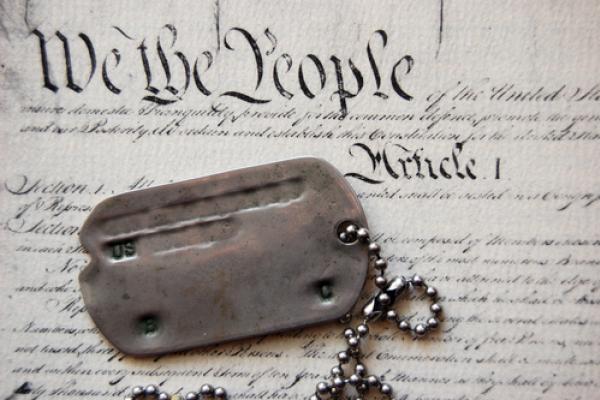When I go out with my Dad, he often wears a cap identifying him as a Korean War veteran. Over and over again, people tell him, “Thank you for serving.” Over and over again.
I’m always struck by the contrast between that appreciation and the sad, hidden truth about our country’s treatment of some other veterans. I’m speaking of the government’s detention and deportation of many immigrants who served in our armed forces but who are not yet citizens.
The first time I heard about this was 1998. My friend’s husband, a Canadian who grew up in Texas and chose to serve in Vietnam had recently gotten a deportation order based on some old drug charges, the kind of thing many vets experienced. What horrified me then, and still does today, is that immigration judges could not grant an exception. Nothing could stop the deportation except a change in U.S. immigration laws.
Read the Full Article

